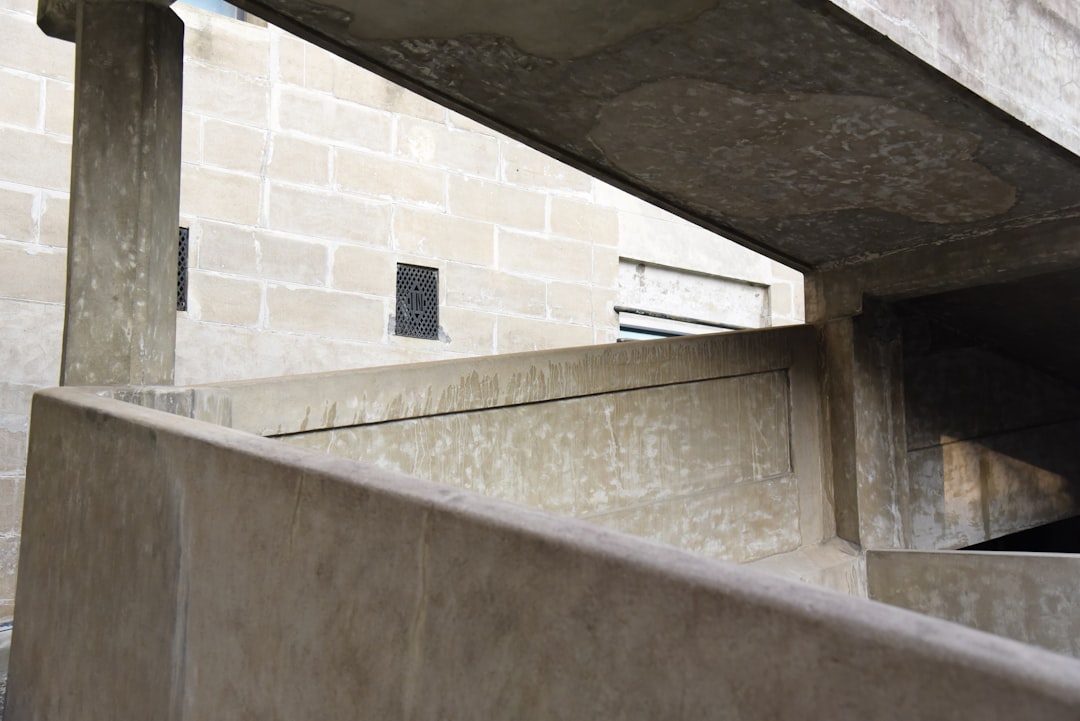CountBricks: Professional Threshold Installation Concrete
Price source: Costs shown are derived from our proprietary U.S. construction cost database (updated continuously from contractor/bid/pricing inputs and normalization rules).
Eva Steinmetzer-Shaw
Head of Marketing
Understanding Threshold Installation on Concrete
Threshold installation on concrete requires precision to ensure durability and compliance. Costs for professional installation range from $175–$425 per opening, depending on materials and complexity. Accurate installation prevents issues like moisture intrusion and uneven transitions, crucial for high-traffic areas.
Key Considerations for Professionals
Professionals searching for 'threshold installation concrete' need detailed guidance on:
- Installation techniques and challenges
- Cost analysis for materials and labor
- Product recommendations for durability
- Compliance with local building codes
CountBricks provides AI-driven estimates and real-time material pricing to streamline your projects.
Concrete Substrate Challenges
Concrete substrates vary in quality, affecting installation. Challenges include:
- Moisture vapor transmission
- Cracks affecting threshold stability
- Height differentials causing uneven transitions
Our AI engine recommends solutions tailored to site conditions, ensuring optimal results.
Step-by-Step Installation Process
- Assess site conditions using CountBricks tools
- Generate cost and material lists
- Prepare concrete surface
- Apply necessary moisture barriers
- Install threshold with appropriate adhesives and fasteners
- Seal edges to prevent water intrusion
Material Selection
Choose from a range of materials:
- Hardwood thresholds
- Aluminum saddle thresholds
- Composite PVC for moisture-prone areas
Our platform ensures you receive current pricing and availability.
Cost Breakdown
Typical costs include:
- Interior wood threshold: $175–$250 per opening
- Exterior aluminum threshold: $275–$350 per opening
- Custom hardwood overlay: $325–$425 per opening
Prices cover site prep, materials, and installation.
Code Compliance
Ensure compliance with local codes, including:
- Minimum threshold heights
- Thermal breaks
- Slip-resistance ratings
CountBricks cross-references regional standards for every project.
Frequently Asked Questions
Installation Duration
Most installations are completed in under two hours.
Concrete Repair Services
We offer concrete repair services, including grinding and crack injection.
Future Flooring Considerations
We accommodate future flooring changes in our installation plans.
Why Choose CountBricks
CountBricks offers:
- AI accuracy and efficiency
- Transparent pricing
- Certified craftsmanship
Visit CountBricks.com for more information.
Case Study: Garage-to-Mudroom Retrofit
The Garcias needed a threshold solution for their garage-to-mudroom conversion. Challenges included:
- Uneven concrete
- Wind-blown debris sealing
- Matching new flooring
Our AI proposed a custom solution, reducing transition height and improving air infiltration.
Execution Timeline
- Day 1: Concrete prep and leveling
- Day 2: Threshold fabrication and installation
Results
- Transition height reduced to ADA compliance
- Improved air sealing
Pro Tips for Professionals
- Test slab moisture before installation
- Use tape for clean sealant lines
- Pre-drill concrete for anchors
Next Steps
Upload your project details to CountBricks.com for a detailed proposal.

